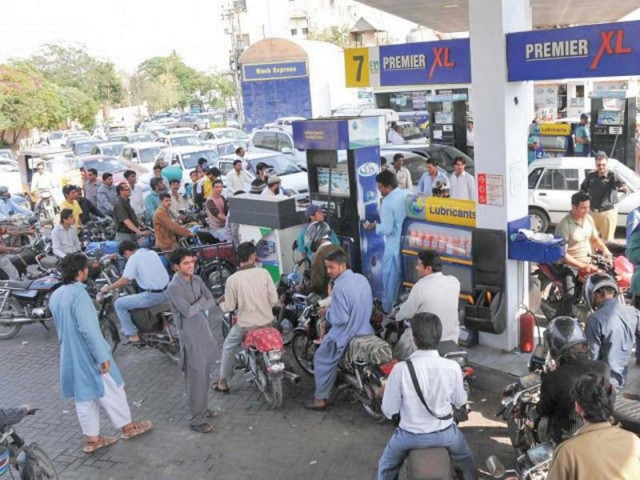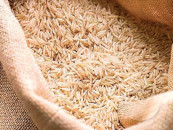Industry hints at looming diesel shortage
Tarin voices concern over depleting inventory, asks Petroleum Division to replenish reserves

The oil industry has set off alarm bells after it warned about an imminent diesel crisis in the wake of stock depletion and the RussiaUkraine conflict. In a recent meeting of the National Price Monitoring Committee (NPMC), Finance Minister Shaukat Tarin expressed concern over reserves of high-speed diesel (HSD) in the country and asked the Petroleum Division to take measures to replenish the inventory.
The oil industry pointed out that international publications had reported a shortage of diesel over the past 10 days, mainly due to the depletion of US stocks. In a letter sent to the Oil and Gas Regulatory Authority (Ogra), the Oil Companies Advisory Council (OCAC) secretary general cautioned the regulator about the looming diesel crisis, especially during the crop harvesting season. The oil industry body proposed different measures to build HSD inventory and suggested that oil refineries should be allowed to run at the maximum level for enhancing diesel production.
“It will help maintain higher inventory of diesel to meet domestic demand in case of any shortage,” it said. Commercial banks have also labeled oil companies as “high risk” entities. The industry body called for enhancing credit limit to boost diesel imports and improve the inventory levels. During 2020, the use of jet fuel was minimal and the refineries adjusted their production slate to maximise HSD output, it said. However, in 2021-22, the refineries were producing more jet fuel to cater to the rise in demand, which resultantly reduced the availability of HSD.
Citing the reason, it said that jet fuel premiums “are more attractive than HSD”, thus it prompted the refineries to enhance the jet fuel production. The industry body pointed out that China had announced a ban on HSD exports. The price differential between crude oil and HSD, as reported in Platts, is about $165 a barrel, the highest in the last few years. “There have also been reports of eruption of fire in a major refinery in Taiwan,” it said. “During March-June, the crop harvesting season will be in full swing in Southeast Asia, thus availability constraints will push up HSD prices further and the countries dependent on imported HSD will struggle to procure the product.”
Pakistan imports over 40% of its requirement from the international market and most of the importing OMCs (oil marketing companies), barring the top four firms, are dependent on a single supplier, which is facing investigations over alleged involvement in Hascol default. However, it said that the “HSD stock situation is satisfactory in the country at present as 460,000 tons are available, which can cover 22 days given the daily sales at 21,000 tons, but with the commencement of harvesting season, the daily sales will reach 25,000 to 30,000 tons”. “If planning is not done, we may face problems in meeting demand during the harvesting season due to financial issues of Hascol,” it cautioned.
The industry body suggested that the refineries should plan their crude procurement for March to June 2022 in order to operate at the maximum level to meet high demand for diesel. The body was of the view that any unplanned HSD demand by the power sector must be avoided during March-June 2022, as it would further deteriorate the stock situation.


















COMMENTS
Comments are moderated and generally will be posted if they are on-topic and not abusive.
For more information, please see our Comments FAQ